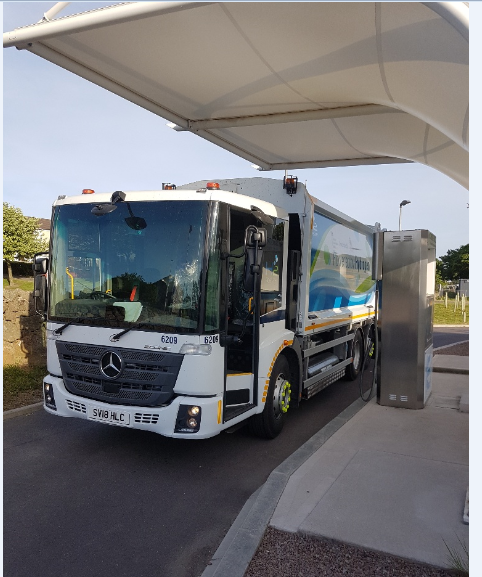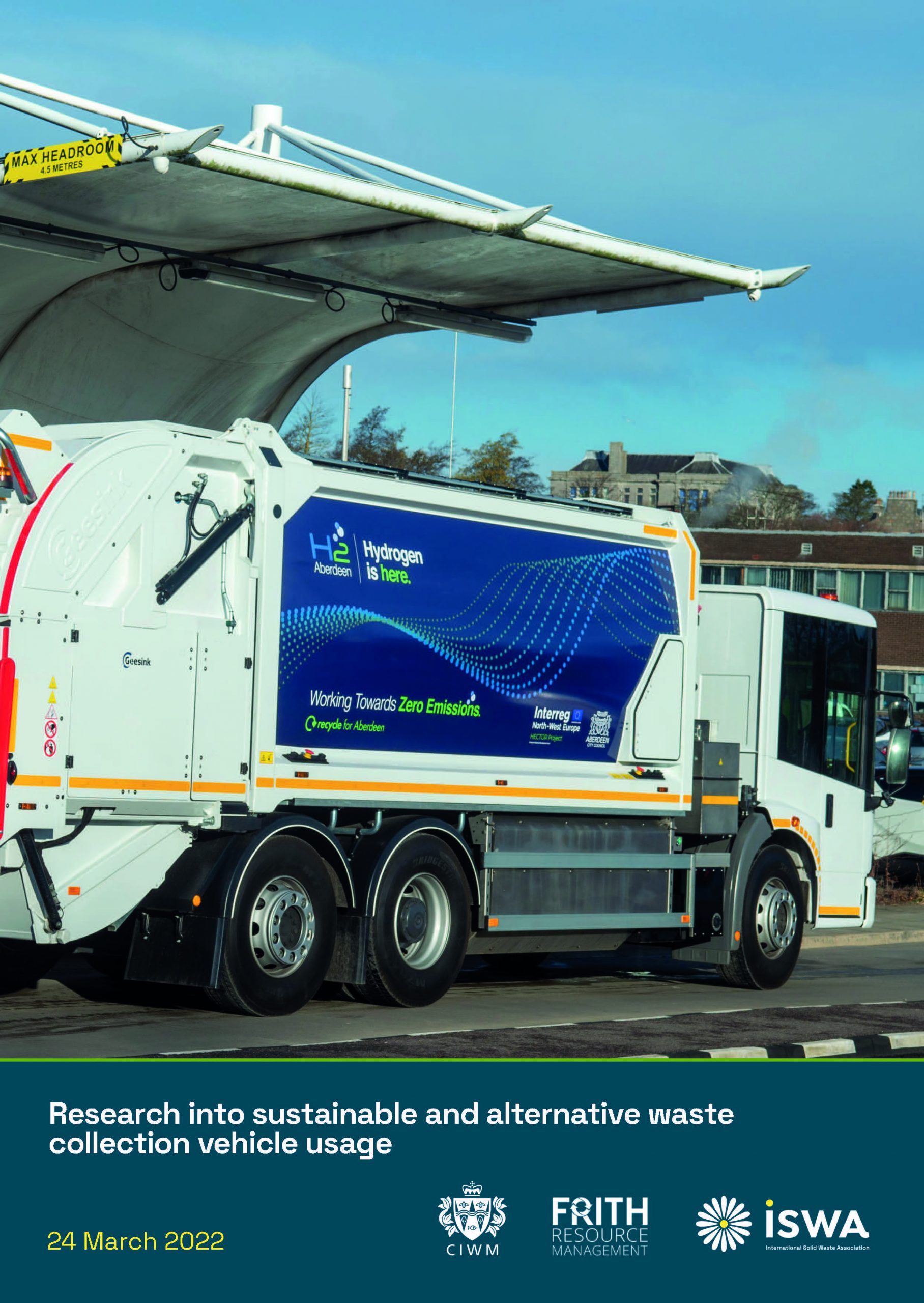ISWA’s Collection and Transport Technologies working group commissioned this report under ISWA’s mission to promote and develop sustainable, professional waste management worldwide. The concept was to benchmark international best practices and observe how municipalities in different countries are evolving their fleets and what technologies are being considered.
The need to consider climate change action and improving air quality within cities would need radical changes to fleet operation and this report looks at case studies a in number of municipalities around the world, in their moves from conventional to alternative fuels for waste collection.
The project gathered data on current practices, as well as options being considered and any obstacles to moving from conventional fuels. This was broad brush gathering of data, with the intention to delve into more detail on those that were developing alternatives in a variety of fuel options.
The working group aimed to cover all the options: hydrogen; electric; hydrogenated vegetable oil (HVO); hybrid; biofuel and compressed natural/liquid gas (CNG, CLG).
Table 1: Summary of key points for each fuel type
| Fuel type | Key benefits | Key challenges |
|
Electric |
|
|
| Hydrogen fuel |
|
|
| Hydrogen / diesel hybrid combustion |
|
|
| Natural gas |
|
|
| HVO |
|
|

The study identified a number of areas where further work may be of use to municipalities seeking to adopt alternative fuel vehicles:
- End of life vehicle management – what happens to the vehicles at the end of their frontline service: resale / reuse, decommissioning, retrofit, recycling of components
- Life cycle analysis – the full environmental impacts associated with the vehicle manufacture, supporting infrastructure, fuel / power generation, vehicle use and end of life
- Supply chain capacity – an assessment of the capacity of the vehicle supply market to meet potential demand, particularly taking into account lead times.
In summary, the report gives an insight into the experiences of municipalities operating alternative fuel vehicles for waste collection. The findings may be of interest to others seeking to adopt such fuels.
Note: the information in this report and the findings of this study were correct at the time of undertaking (September 2021 to March 2022); however, this is a rapidly developing area, that is subject to change.





